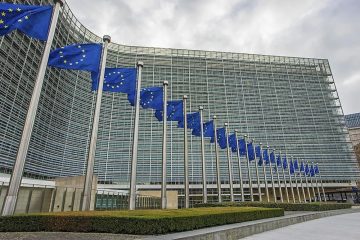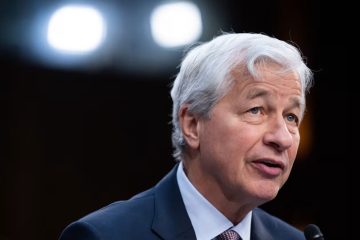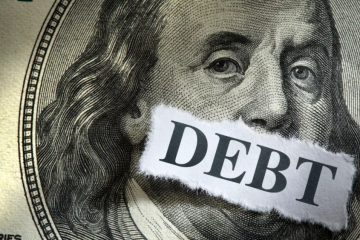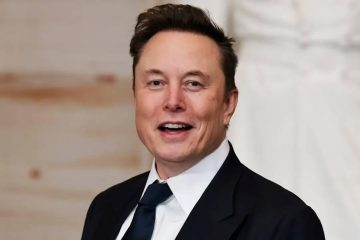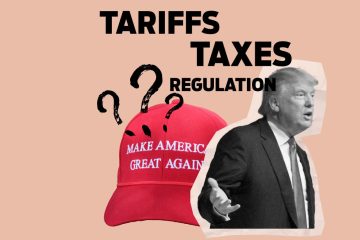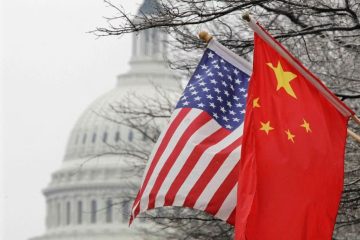Perhaps Europe could benefit from Trump
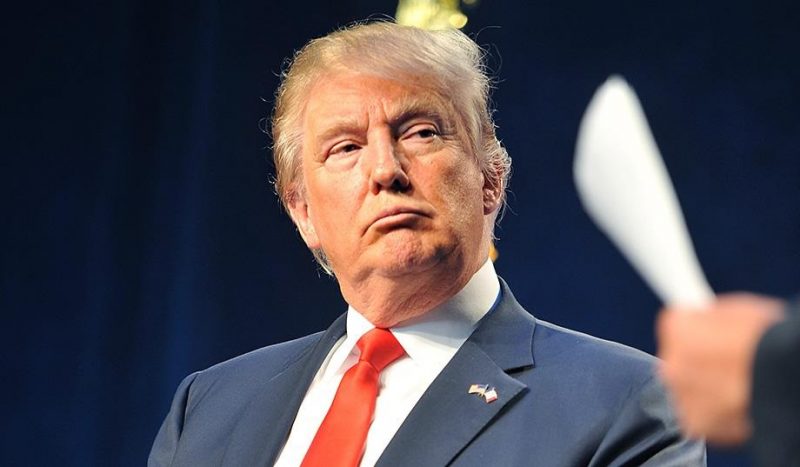
The past year has presented significant challenges for our counterparts in Europe. As mobs surged through the streets of Amsterdam, clamoring for Jewish blood in one of the most alarming European pogroms since the Nazi era, French statisticians revealed that 2023 recorded the lowest number of live births in France since World War II. The eurozone is experiencing economic stagnation, while India is set to surpass Germany, positioning itself as the world’s third-largest economy. Concurrently, China’s booming exports pose a significant challenge to vital European industries, and Europe’s tech firms continue to lag behind their American, Chinese, Indian, and Israeli counterparts.
The security situation on the Continent is equally grave. As North Korean forces prepare for engagement in Ukraine, the tenuous Western unity regarding Ukraine policy has disintegrated. German Chancellor Olaf Scholz, likely seeking electoral support in the upcoming election, diverged from his European counterparts by initiating a phone call with Russian President Vladimir Putin. The response was not favorable. Following the conclusion of discussions between the chancellor and the president, Russia has significantly intensified its missile strikes on Ukraine. In a move that further isolates Germany, the Biden administration has, conversely, eased restrictions on Ukraine’s deployment of long-range missiles, enabling strikes on targets deep within Russia.
Compounding the situation, Europe stands to be the most adversely affected by Donald Trump’s potential return to the White House. In matters of security, trade, technology, or climate change, Mr. Trump’s stance stands in stark contrast to the aspirations and strategies of Europe. The president-elect’s proposed tariffs are poised to impact the financial performance of significant European firms. European diplomats attending this week’s Group of 20 summit in Rio de Janeiro are lamenting the probable collapse of the global taxation framework intended to enable governments to enhance revenue collection from multinational corporations. At the COP29 climate-change conference in Azerbaijan, European diplomats, alongside their ineffective counterparts from Team Biden, found themselves in a state of concern as they pondered the future of the Paris Agreement with the impending return of President-elect Trump to power. Efforts by the European Union to implement “green tariffs” on American goods are poised to provoke a significant backlash. Although Mr. Trump has faced challenges with the tech elite of Silicon Valley, it is improbable that he will show any sympathy towards European initiatives aimed at levying multibillion-dollar penalties on U.S. companies.
European leaders are likely to attribute the impending challenges in the trans-Atlantic relationship to Mr. Trump’s bold demeanor, his advocacy for protectionist policies, and his rejection of climate science. They may not be entirely mistaken. However, the underlying issue is more profound. The European Union has not succeeded in establishing an economy, technological sector, political framework, or security strategy that meets the challenges of the 21st century. It is not solely Mr. Trump’s America that exhibits diminished deference to European preferences in contemporary times. Turkey, China, India, Russia, Israel, Saudi Arabia—these nations exhibit a diminishing concern for European interests compared to previous eras. For a significant portion of the globe, Europe appears less as a paradigm to aspire to and more as a cautionary tale of missteps to avoid. With the Indo-Pacific establishing itself as the pivotal arena in global politics and economics, neither the European Union nor any individual European nation exerts a meaningful influence in the region’s dynamics.
While numerous Americans, particularly those on the right, take pleasure in reveling in Europe’s challenges, it is essential to recognize that Europe’s decline poses a significant issue for the United States. It is in the strategic interest of the United States for Europe to thrive. In the aftermath of World War II, George Marshall, Dean Acheson, and Harry Truman championed the cause of European recovery and integration, aspiring to forge a resilient Europe capable of self-sufficiency. The aspiration was for a vibrant and prosperous Europe, one that would serve as an expanding market for American products, a robust ally in the maintenance of global peace, and a persuasive model of peaceful, democratic achievement.
The current trajectory of the Continent diverges from this notion, with European fragility playing a pivotal role in the ongoing crisis in the developing world. Attributing these failures solely to Europeans is a simplistic approach; the onus for Europe’s decisions predominantly lies with the policymakers who enacted them. However, it is essential for Americans to engage in introspection. Does the ineffectiveness of the security policies in numerous countries stem from an American security umbrella that has alleviated the need for difficult decisions? Have we been overly interventionist, as evidenced by our involvement in Kosovo in 1999, rather than allowing Europeans to confront significant challenges in their own region independently?
In France, there exists a segment of the European populace that appears to anticipate the prospect of strained trans-Atlantic relations under President Trump. It is often asserted that Europe will struggle to emerge as a significant player in international relations without a retreat from American involvement. The anticipated Trump presidency is expected to serve as a crucial wake-up call, prompting even the Germans to confront the stark realities of the threats confronting Europe.
The French may indeed possess a valid perspective. Europe might benefit from a dose of Trumpian tough love.



